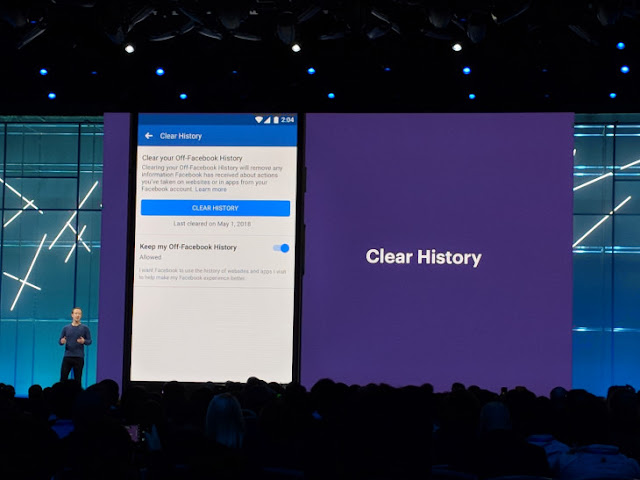When Didi first
announced its plans to offer rides from Ofo and Bluegogo inside its app, I
argued that this was far from a positive gesture since the ultimate goal
is control.
By introducing its own
service inside its own app to its own (massive) userbase, Didi aims to tame the
two companies. It wants them to exist as features inside its app, rather
develop popular and independent services that could challenge Didi’s dominance.
Offering their services unbranded inside the Didi app gives users less reason
to open, or even install, any bike-sharing app.
That’s exactly what
has happened, as this screenshot tweeted by Tech In Asia reporter Eva Xiao
illustrates.
Didi’s in-app bike
sharing option totally obscures Ofo And Bluegogo branding (they’re the only two
services that have integrated for now). They’re all Didi bikes now  pic.twitter.com/umgR3cT1jV
pic.twitter.com/umgR3cT1jV
— Eva Xiao (@evawxiao) January 17, 2018
The situation might
sound absurd since Didi claims an incredible 450 million users, it has billions
of dollars in the bank and is China ’s
dominant ride-sharing service by some margin after it consumed Uber’s Chinabusiness. But bike-sharing startups do pose a very real threat.
Already, Ofo and arch
rival Mobike have chipped away at Didi’s share of short journeys and struck
deals with local governments with the aim of solving congestion problems.
Now, they are looking to expand beyond that. Mobike, for example, has
tested ride-sharing services. Mobike and Ofo both claim over 100 million
registered users, so action is best taken sooner rather than later. The
question is whether Didi’s move is too late.
This devilish strategy
works because Ofo and Bluegogo have no choice but to be a part of the platform
due to their ties with Didi. Ofo counts Didi as an investor and is already
integrated into its app, while Didi swooped in to save Bluegogo after it
went broke. It’s no surprise that Mobike, the other bike-sharing unicorn which
no Didi connection, didn’t elect to be a part of the program.
Didi didn’t make
mention of this in its announcement. Instead senior VP Fu Qiang said the new
service would “upgrade its short-trip mobility strategy and provide various
mobility options and better travel experiences for travelers on the ‘last threekilometers.’”
“This illustrates
DiDi’s efforts to continuously improve our one-stop transportation platform,”
Fu added.
Didi drove Uber out ofChina,
and now it is showing it can be ruthless even to one of its own flock.






No comments:
Post a Comment